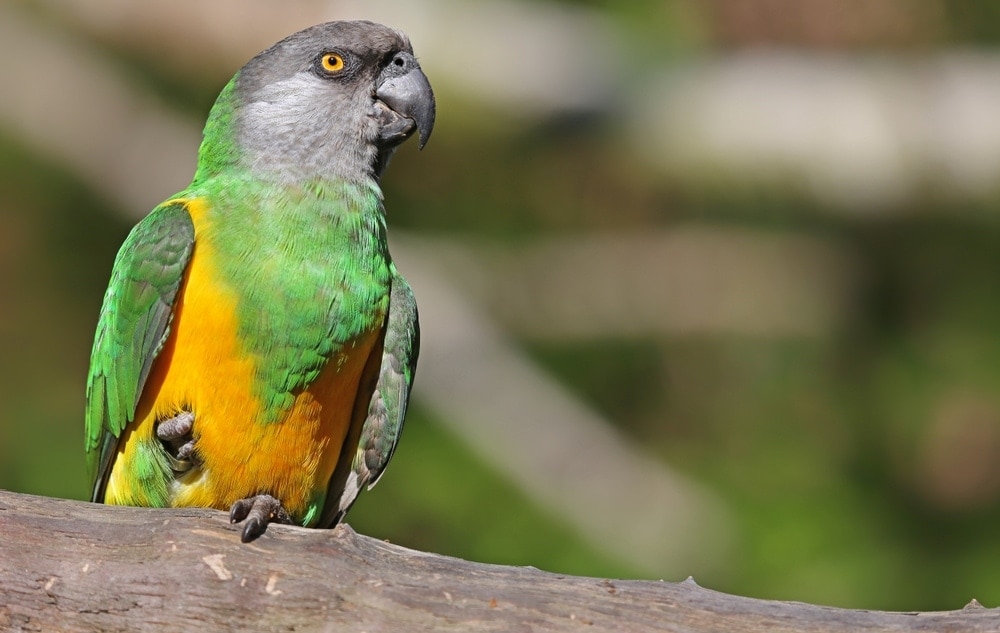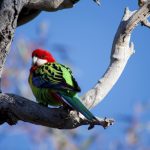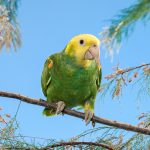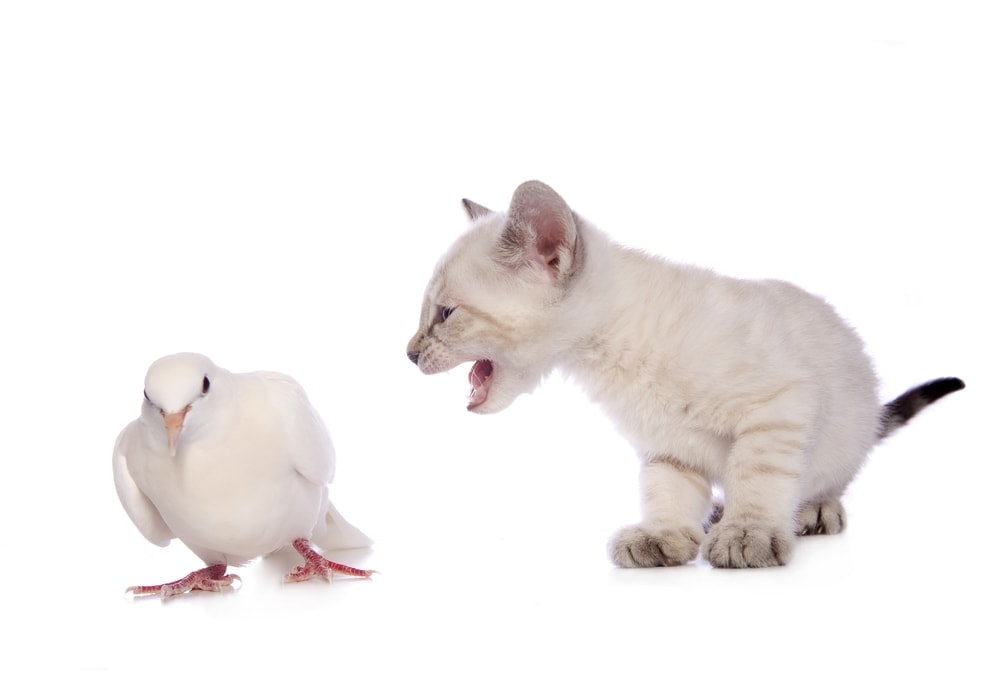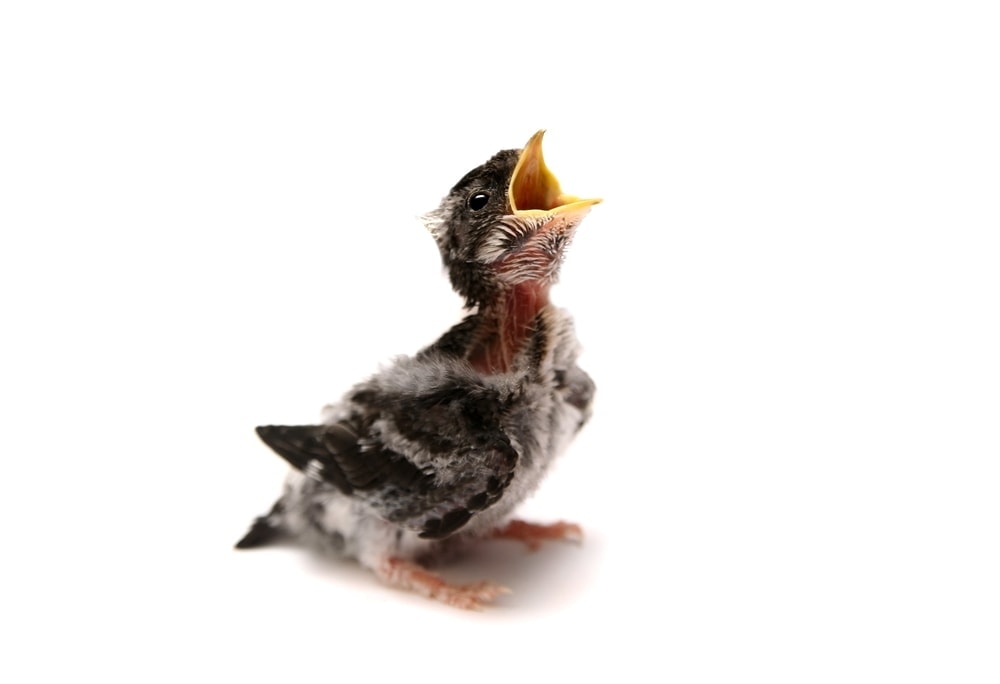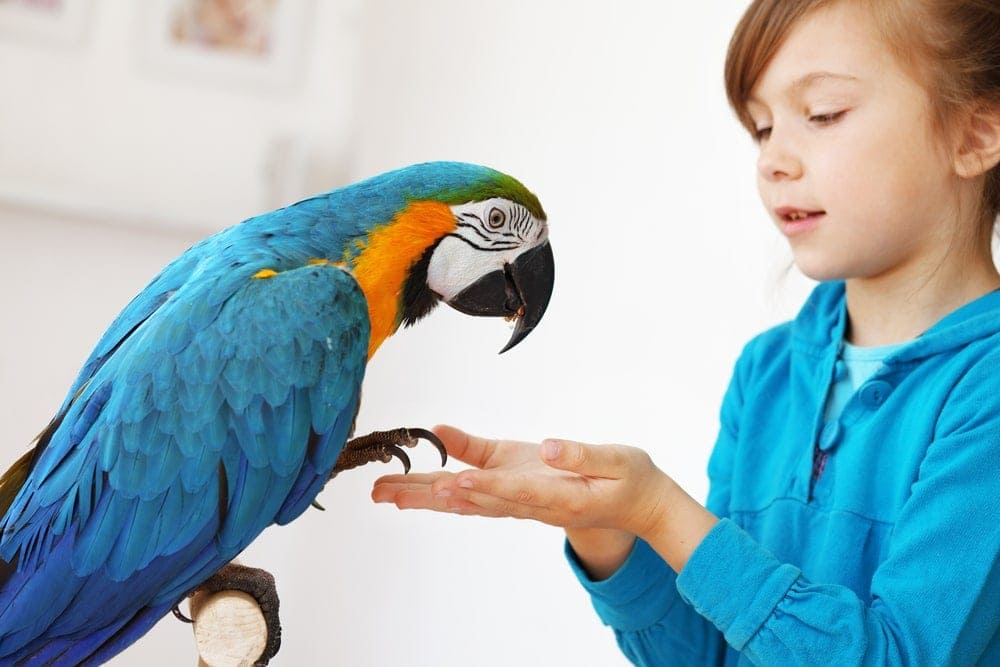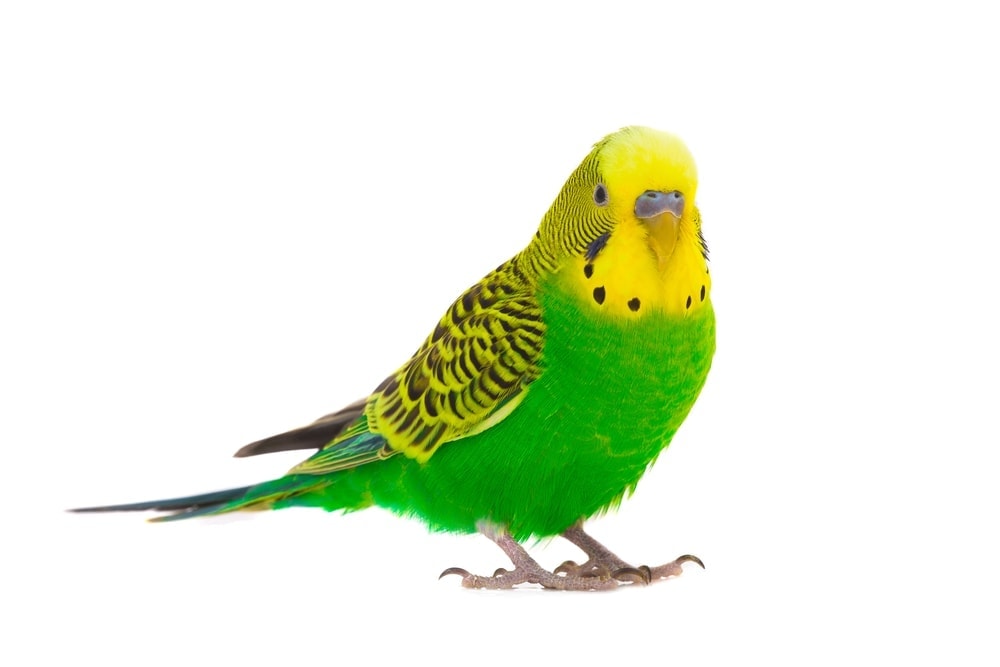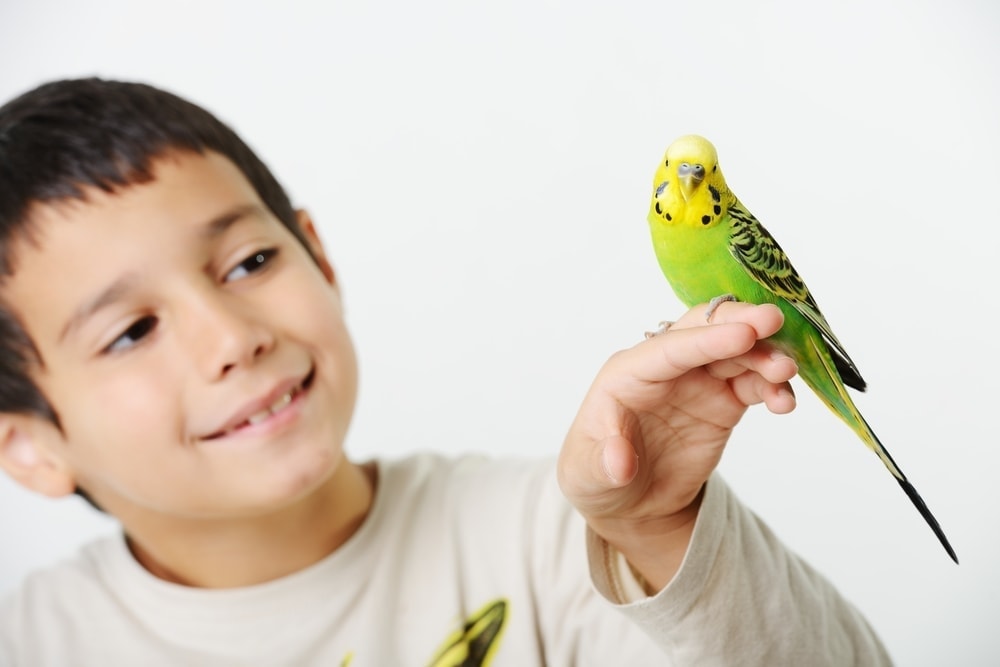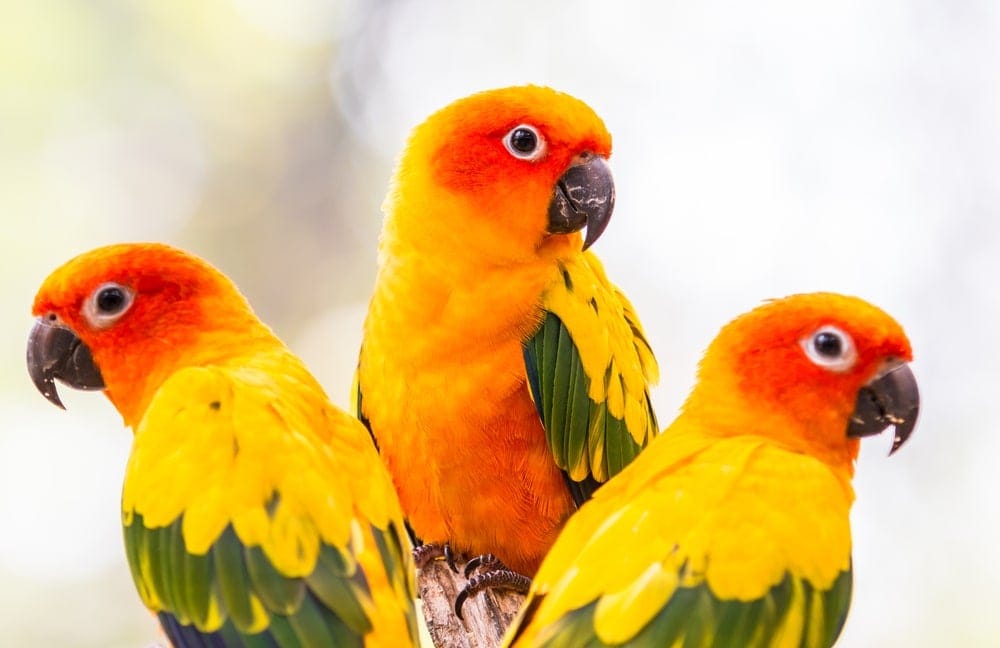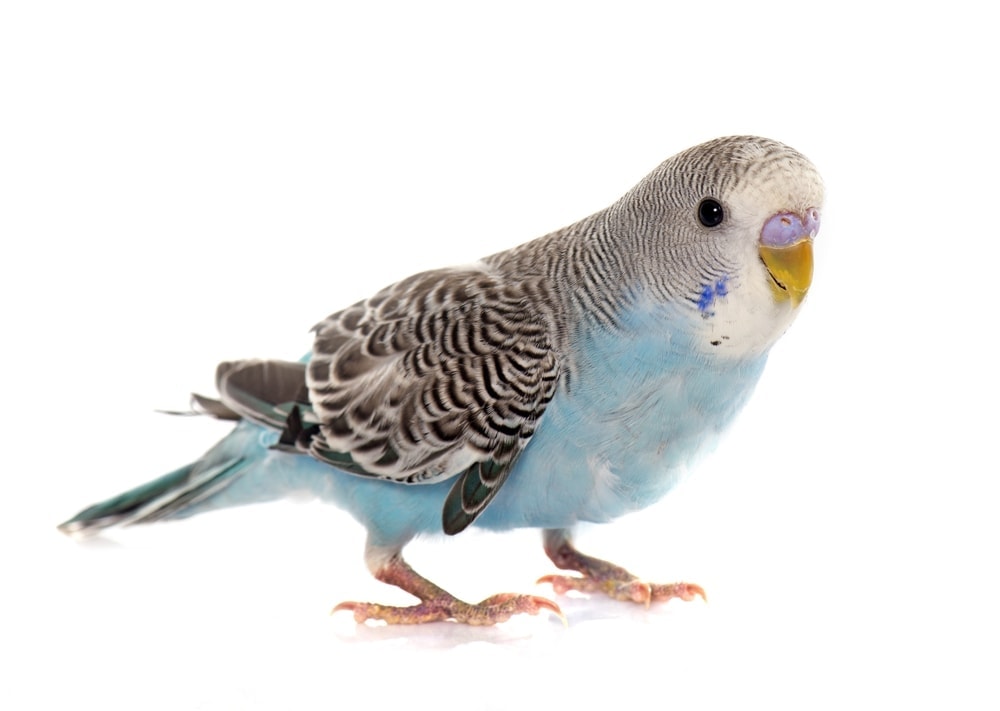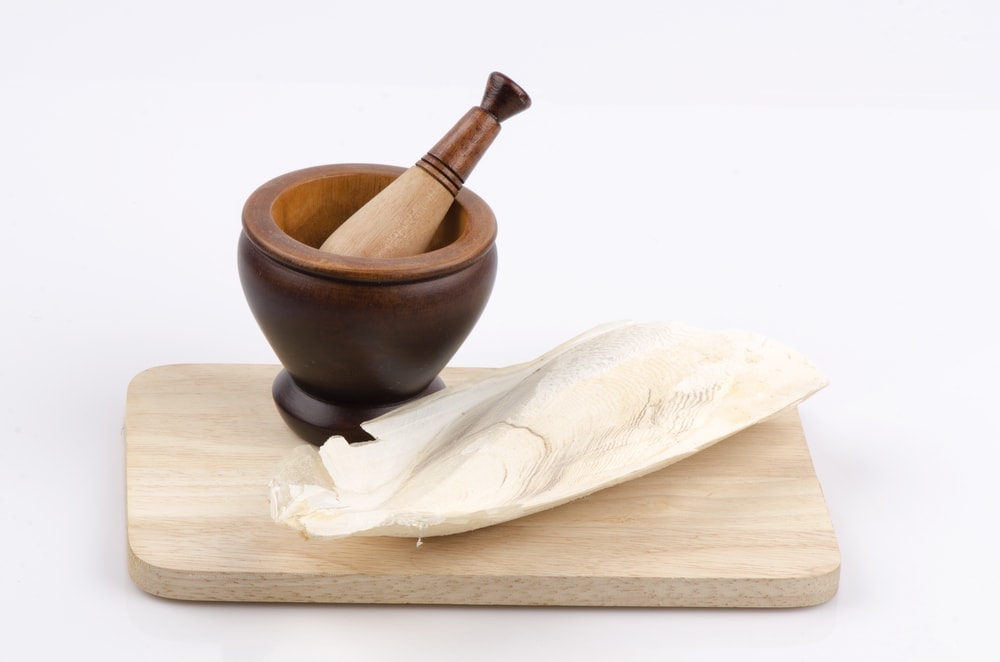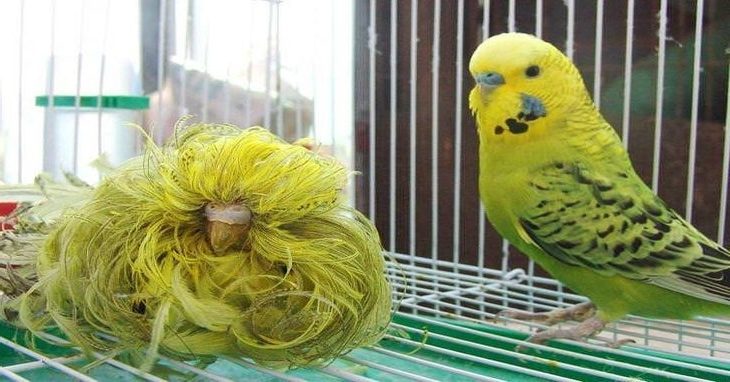The Senegal Parrot makes for a playful pet that you will be sure to love.
These birds have a friendly personality that makes them a popular choice.
Appearance
This parrot has a brown head with green and yellow-orange plumage. It can grow up to 9.1 inches and weigh as much as 4.4 ounces. While it isn’t the most colorful parrot in the world, the Senegal is still quite beautiful as a whole.
Senegal Parrot Lifespan
These parrots can live up to 30 years in the wild or up to 50 years in captivity if they are properly cared for. This makes this bird a great long-term companion.
The Senegal Parrot’s Personality
You will quickly find that these parrots are extremely easy to get along with. They are very social creatures that love to interact with their human owners. In fact, most of them develop a very strong bond right away. This is one of the most loyal birds that you could ever hope to keep as a pet.
Don’t be surprised if your Senegal gets a bit nippy at times. They aren’t the best pet choice for those who have small children. If your bird doesn’t get exactly what it wants, it can become cranky very quickly. They have an inherently fickle personality that can change on a dime.
You can train your parrot to mimic at least a dozen different words. They tend to make whistling noises instead of screaming, making them more conducive to apartment living. These are not the loudest birds ever, but they do make some noise.
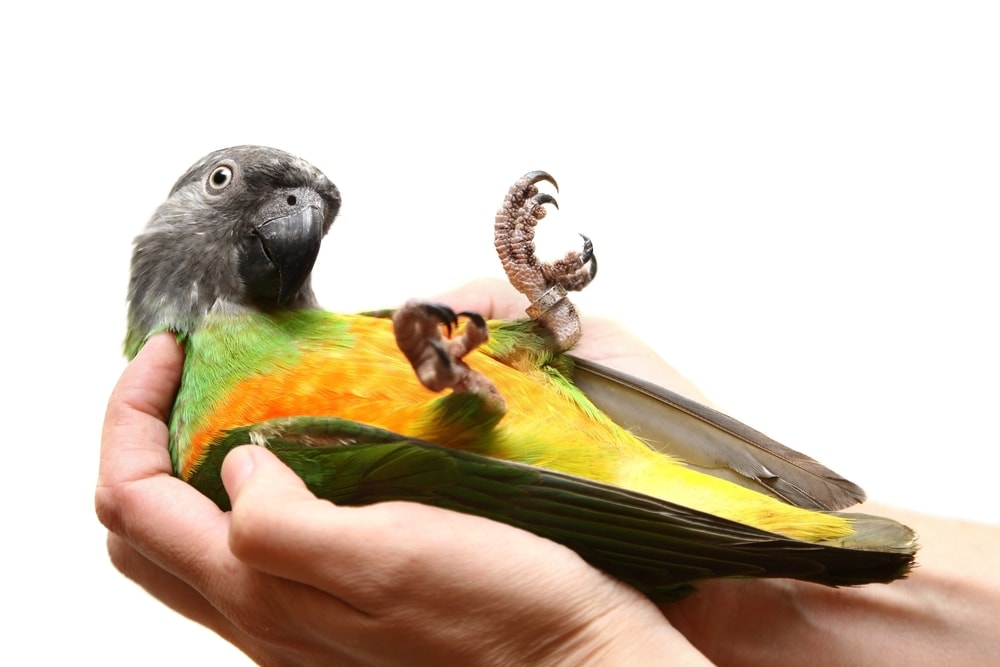
Natural Habitat
This particular species of parrot can be found in the savanna and woodland regions of West Africa. They are quite conspicuous in their natural habitat due to the variety of sounds they emit. Most of these sounds are mating calls intended to attract birds of the opposite sex.
Senegal Parrot Care Guide
1. Senegal Parrot Diet
These parrots need a balanced high-fat diet that will meet all of their nutritional needs. It should consist mostly of pellets that are formulated for this type of bird. You need to get the right food for your bird based on its age. These pellets should make up a good 75% of your bird’s overall diet.
You can also give your bird sunflower seeds and peanuts, which are loaded with vitamin A and other useful nutrients. It is not a good idea to only give your bird seeds, as it will cause a nutritional deficiency that can be fatal.
Certain fruits like apples, cherries, plums, and mulberries are also acceptable for these parrots to eat. These foods can make up as much as 25% of the bird’s diet.
You should avoid giving these birds any dairy products, chocolate, or “junk food” of any kind. This food can be toxic and do serious harm to your pet.
It may be necessary to give your bird a calcium supplement to fulfill its nutritional requirements. Your vet should be able to tell you if this will be necessary.
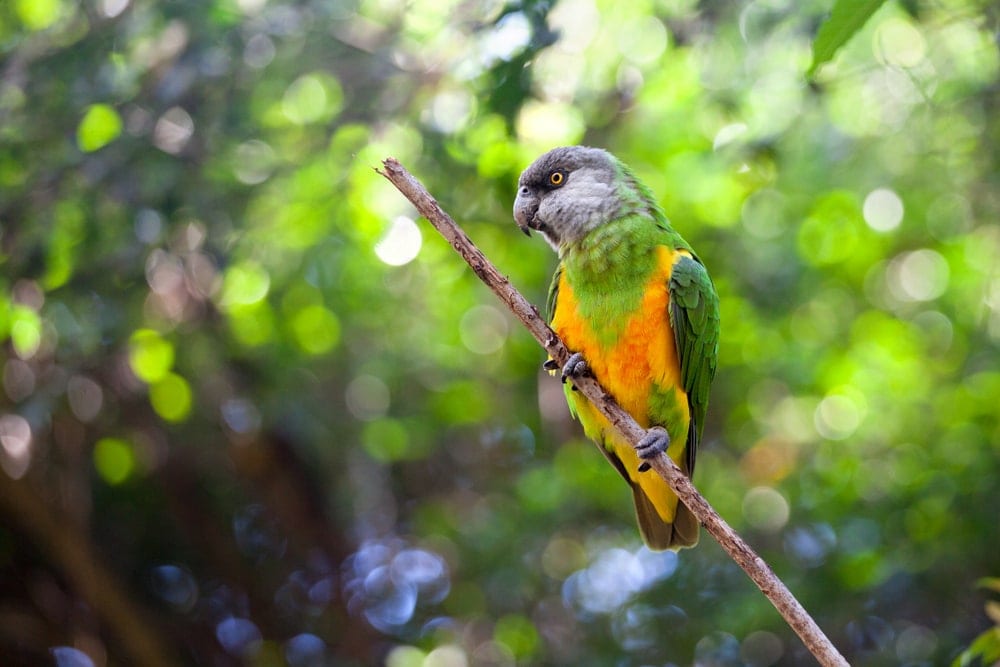
2. Environment
You should keep your bird in a cage that is no smaller than 3 by 3 by 4 feet. The cage should have horizontal bars that are spaced no more than half an inch apart. This will serve to keep your bird confined so that it cannot easily escape.
It’s also important for you to put at least a few different fun toys in the cage for your bird to play with. You want to have numerous perches so that it can keep its nails trimmed down.
These birds need a good amount of physical and mental stimulation each day. This is precisely why it is so important for your bird to have lots of things to chew on, climb, and play with.
Because these parrots enjoy bathing so much, you’ll want to provide yours with a small bowl to do so on a regular basis.
3. Common Health Problems
There are a few specific conditions that Senegal parrots can develop, including aspergillosis. This is a fungal disease that is fairly common among a wide range of birds.
You can reduce the chances of your bird contracting this disease by feeding it a balanced diet. You also need to ensure that their cage is clean at all times.
If you notice a sudden lack of appetite or weight loss, it is important to get your bird to a veterinarian immediately. If your bird is losing weight even though it is eating, there is probably something very serious wrong with it.
4. Grooming
One of the best things about these parrots is that they aren’t very high maintenance when it comes to grooming. They are pretty good about keeping their nails trimmed if you provide them with a rough perch or two in their cage. Occasional feather trimming might be necessary. If your bird needs to have its feathers trimmed, you should seek out an experienced bird groomer.
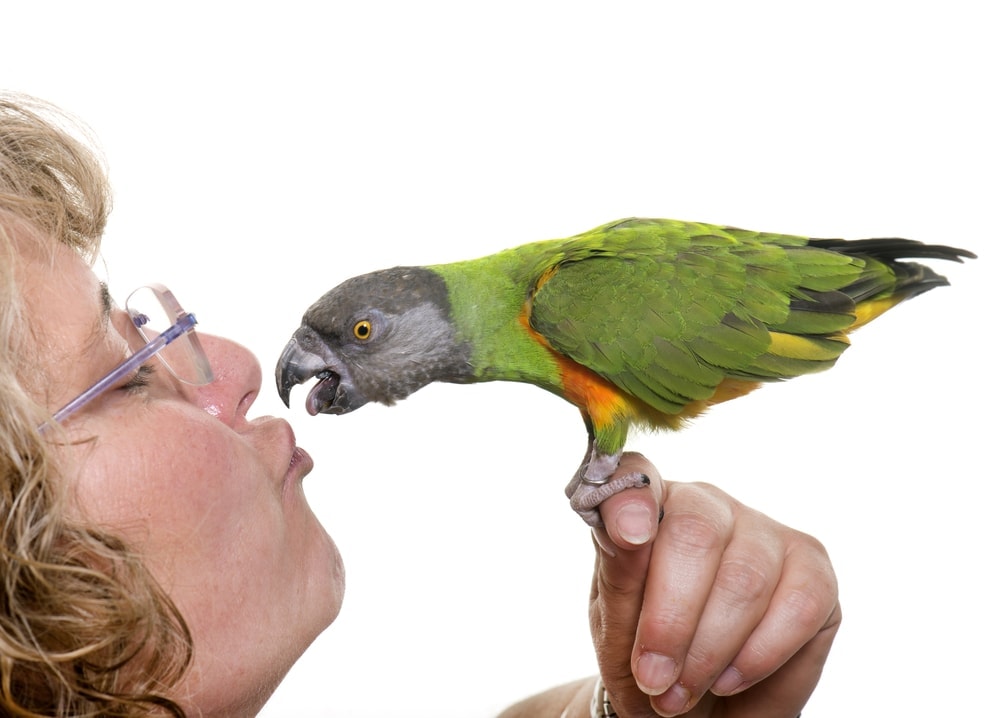
Senegal Parrot Price
You can expect to pay anywhere from $200 to $800 for a Senegal Parrot. These birds are far less expensive than African Greys and many other parrots.
Conclusion
- Senegal parrots can easily live up to 40 or 50 years in captivity when they are taken care of.
- These birds are very sociable and fiercely loyal to their owners.
- It doesn’t take very much for a Sengal parrot to become irritated and nippy, so they are not great if you have small children.
- You should give your parrot a diet that consists mostly of specially-formulated pellets. Fruits, vegetables and seeds are also acceptable foods to give your bird in moderation.
- Make sure that your bird has plenty of different things to play with, chew on and climb inside of its cage.
- It is important to provide your parrot with a bowl specifically for bathing so it can clean itself.
- If you notice sudden weight loss or a lack of appetite with your bird, you’ll want to get it looked at by a veterinarian immediately.
